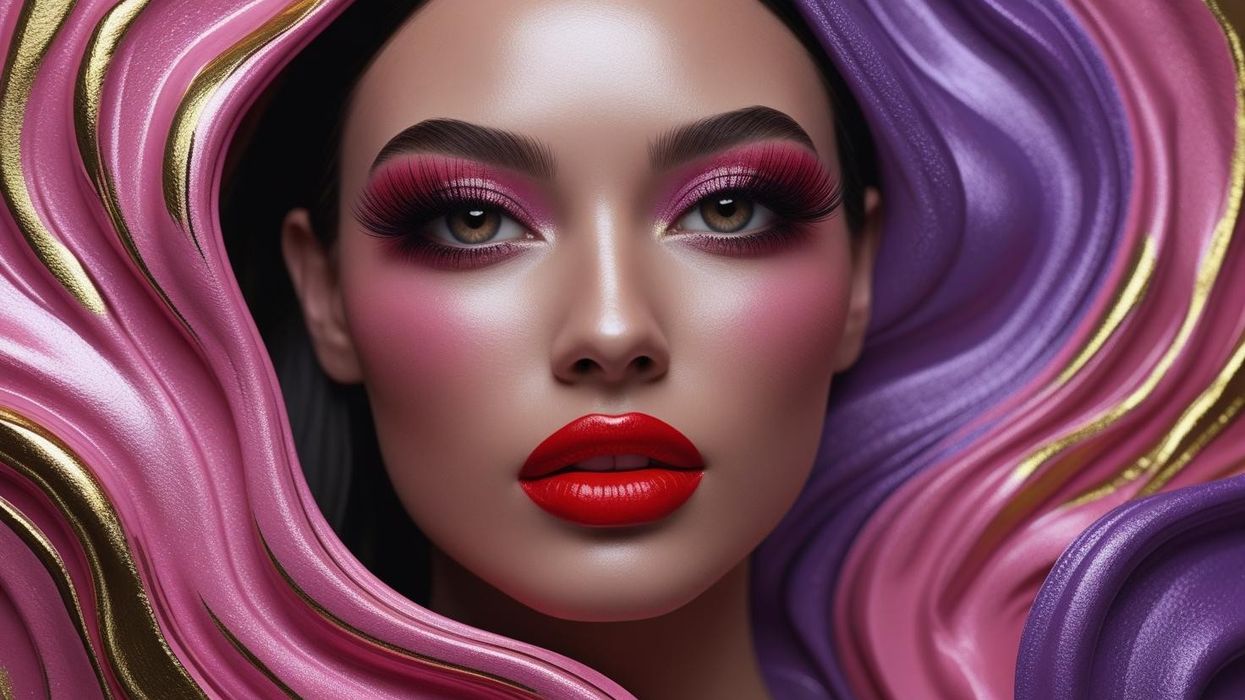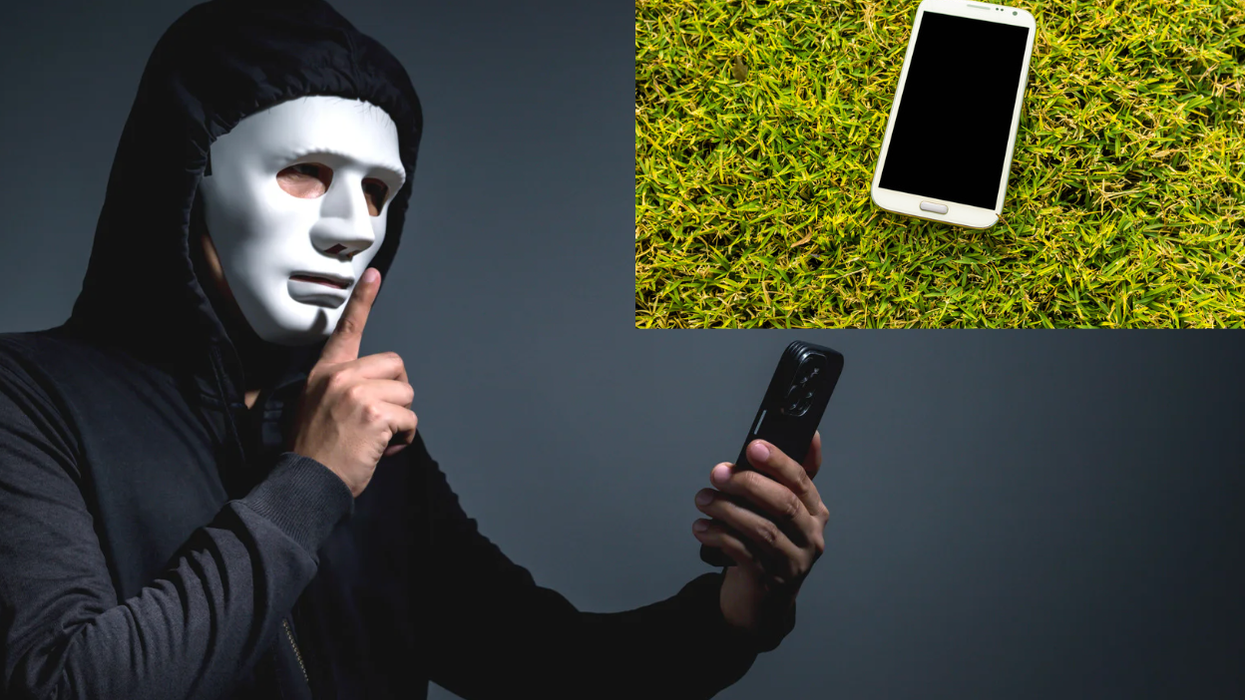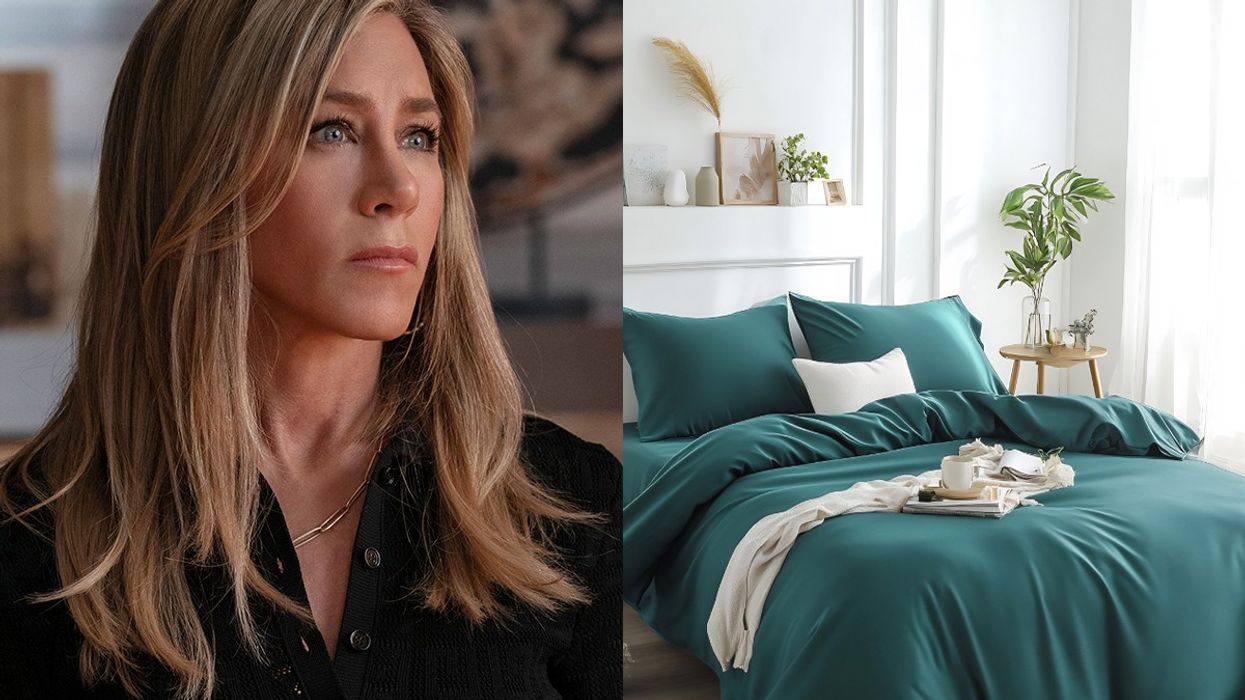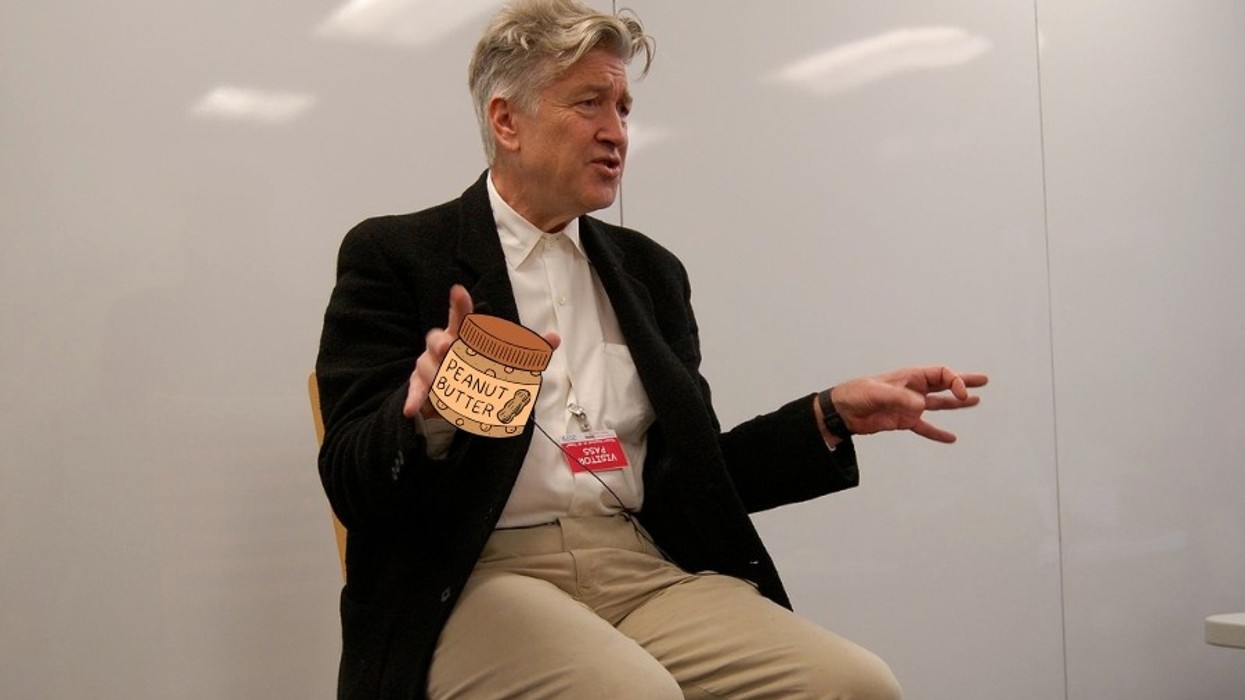Instagram has become the most widely-used photo-sharing platform to date. The app enables users to share photo memories from around the world, tag locations and people, caption the photo with choice words and edit it to the user’s liking. One downfall of the multi-featured app, however, is its tendency to whitewash people of color.
Exhausted by the lack of filters flattering to their natural skin tones, a team of designers and engineers from Vox Media took matters into their own hands and developed Tonr, a photo editing application designed for nonwhite skin tones.
According to the website, “The goal of Tonr is to create filters that affirm that black, brown and other skin tones are beautiful. We looked toward deepening the subjects' skin instead of lightening, emphasizing the richness and saturation of melanin and playing with interesting color overlays.”
Senior Designer Alesha Randolph, Designer and Illustrator Brittany Holloway-Brown, Product Engineer Aidan Feay and Coder Pamela Assogba employed Photoshop and Javascript on the project to establish the complexion-enhancing set of filters in just two days.
Since its launch, Tonr remains an open source platform, which means other tech professionals can contribute to the app and help make improvements to its design.
Ultimately, Tonr will mirror the sharing capabilities of Instagram, allowing its diverse community to create profiles on which they can build a library of as many true-tone selfies they wish. Randolph told Mic in an interview:
“I think just knowing that the app was created by people of color feels empowering to the community. …We have proof this issue can be solved in two and a half days. We may have technical bugs, but we have solved the issue of inclusiveness.”














